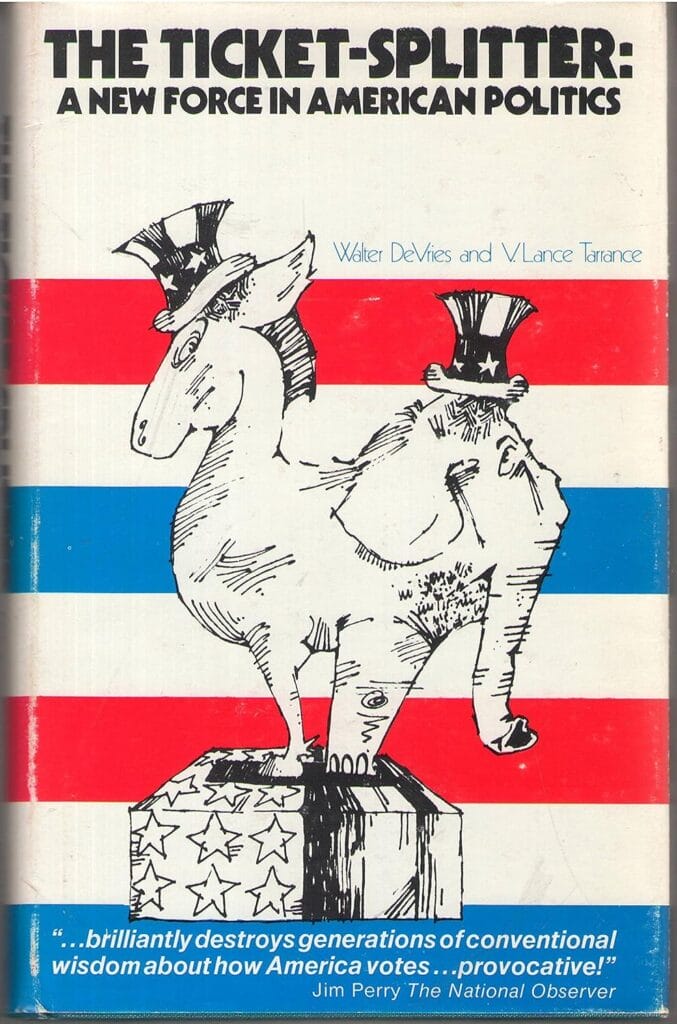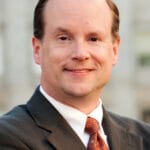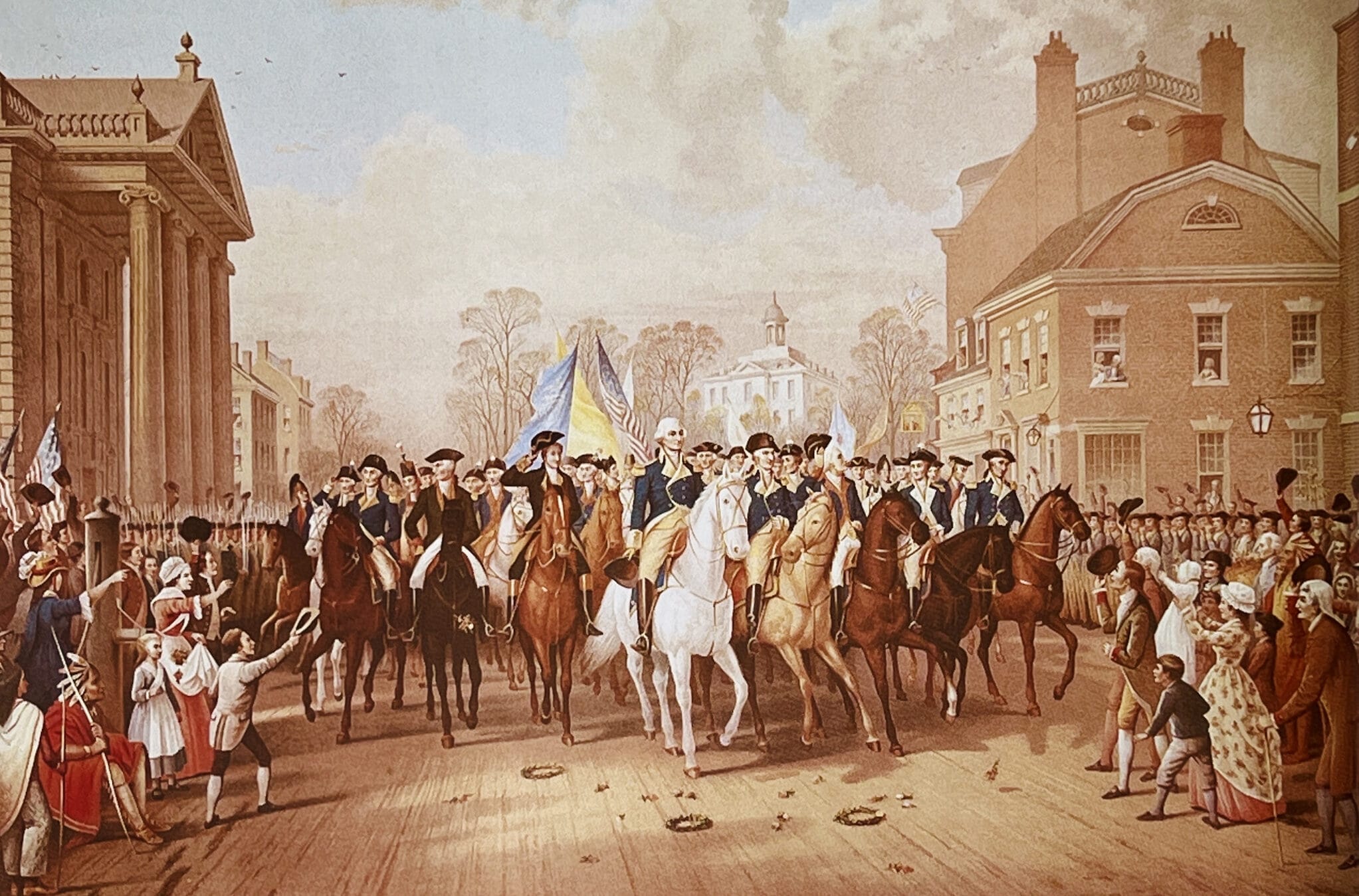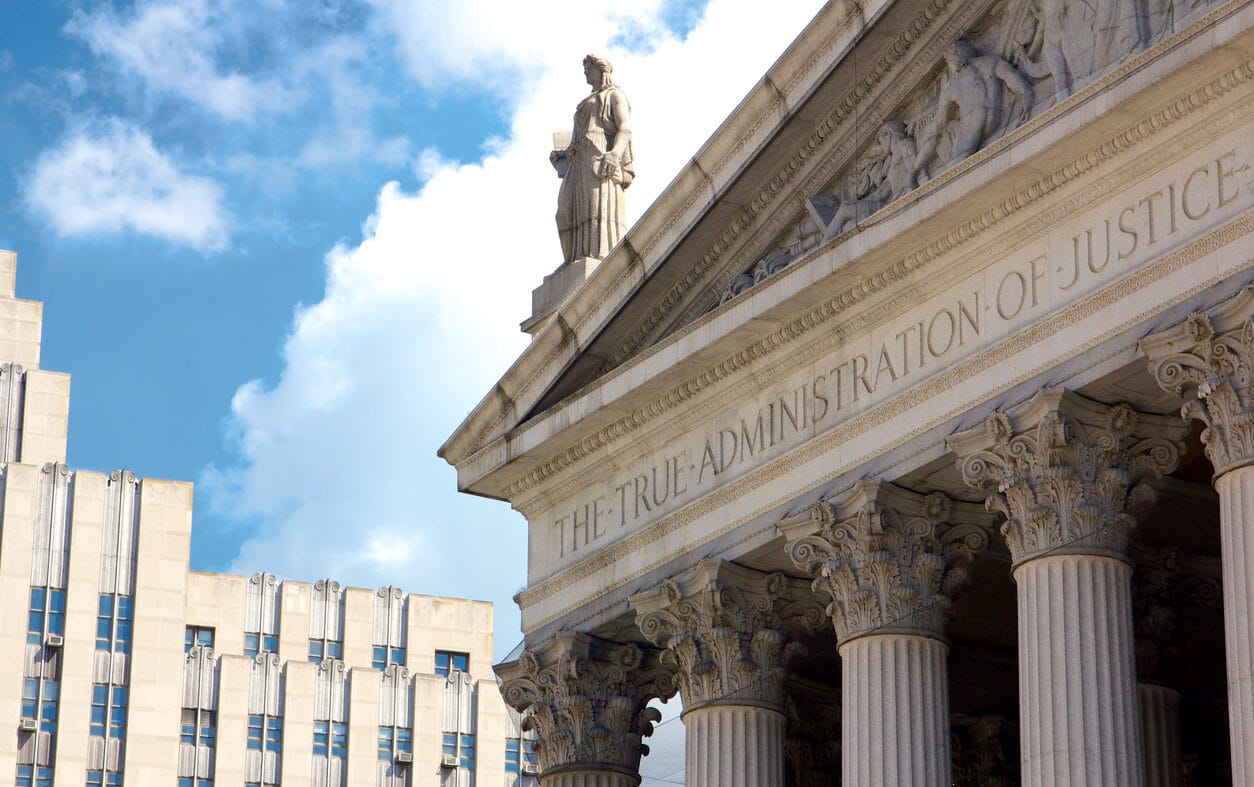Don’t leave political leadership to chance

For most of the modern era, my home state of North Carolina was overwhelmingly Democratic. Except for brief periods of GOP or bipartisan rule during Reconstruction and the early Populist era, North Carolinians had routinely put Democrats in charge of state government and all but a handful of localities and districts.
The tide began to shift in the late 1960s, with Republicans winning once-Democratic congressional and legislative seats outside of their traditional pockets of influence in the mountains and foothills. In 1972, North Carolina went big for Richard Nixon and elected its first Republican U.S. senator and governor since the 19th century. Over the next several cycles, the state sent another Republican to the Senate and elected a second GOP governor, Jim Martin, who remains the only such governor to secure reelection. In 1988, Republicans also won their first statewide judicial race.
Many Democrats responded to these developments with a mixture of disbelief, dismay, and disgust. For their part, many Republicans felt giddy, believing (mistakenly) that voters were about to replace longtime Democratic dominance with longtime GOP dominance.
But four prominent leaders in the state kept their heads. They saw the advent of true two-party competition as natural, irrepressible, and potentially helpful for a growing state seeking to catch up economically and socially with the rest of the country.
One of them was Walter de Vries. A former staffer and campaign aide for Republican Gov. George Romney of Michigan, Walt subsequently built an academic career with posts at the University of Michigan, Duke University, and the University of North Carolina at Wilmington. A political consultant and media producer on the side, he partnered with GOP pollster Lance Tarrance to author the pivotal 1972 book “The Ticket-Splitter.” It described precisely the mix of voter attitudes and behaviors bringing robust partisan competition to previously Democratic places like North Carolina (as well as some previously Republican places in the Northeast and elsewhere).
Would the newfound competition be constructive or destructive? Walt refused to leave this to chance. After founding a short-lived training program for candidates in 1974, he worked with three prominent leaders in 1988 to relaunch the NC Institute of Political Leadership (IOPL) in its current form.
The three other founders were former University of North Carolina system president Bill Friday, former federal judge and congressman Richardson Preyer, and Preyer’s cousin Smith Richardson Jr., a philanthropist and former chairman of Richardson-Vicks Inc. (think Vicks VapoRub and NyQuil) who had a lifelong passion for leadership development.
Over the ensuing 36 years, IOPL has trained more than 1,200 North Carolinians to serve in public office or other roles in state politics and policy. About a third have been elected to federal, state, and local offices. Multipartisan from the start, IOPL educates two classes a year of fellows who span the ideological spectrum. From a similar balanced faculty of practitioners and experts, they learn the basic blocking-and-tackling of politics — public speaking, media interviews, fundraising, polling, social media, budgeting, etc. — as well as such governance skills as building coalitions and making ethical decisions in stressful conditions.
I joined the IOPL faculty nearly three decades ago and currently chair the organization’s board of directors. Although I have my own policy preferences and freely express them in my syndicated column and other venues, I believe strongly that our republic is best served when all future public officials, regardless of party or ideology, learn how to follow campaign-finance laws and other relevant rules, express themselves clearly, and engage in good faith with those who disagree with them.
Over the years, the Institute of Political Leadership has built a solid reputation for creativity, rigor, and evenhandedness. Since 2016, IOPL has been a trusted partner with North Carolina television networks for hosting issue forums as well as general-election debates for such races as lieutenant governor, attorney general, state treasurer, and state superintendent of public instruction.
Self-government requires more of us than simply casting ballots every year or two. Some must step forward and offer themselves as candidates for offices. Others must be willing to work in government agencies or serve on boards and commissions. Still others should act as private citizens to support candidates, champion causes, and petition the government for redress of grievance. And all of us have a responsibility to do our homework — to cast informed votes rather than relying on demagogic appeals or simple name recognition.
IOPL’s stated mission is to “improve the practice of democracy.” That’s no utopian aspiration. Politics will always be a contentious enterprise. But it need not be a vicious or fruitless one. By helping generations of political leaders learn to be their best selves, the organization has made a big difference in my state.
John Hood is president of the John William Pope Foundation, a North Carolina-based grantmaker, and the author of ten books.




